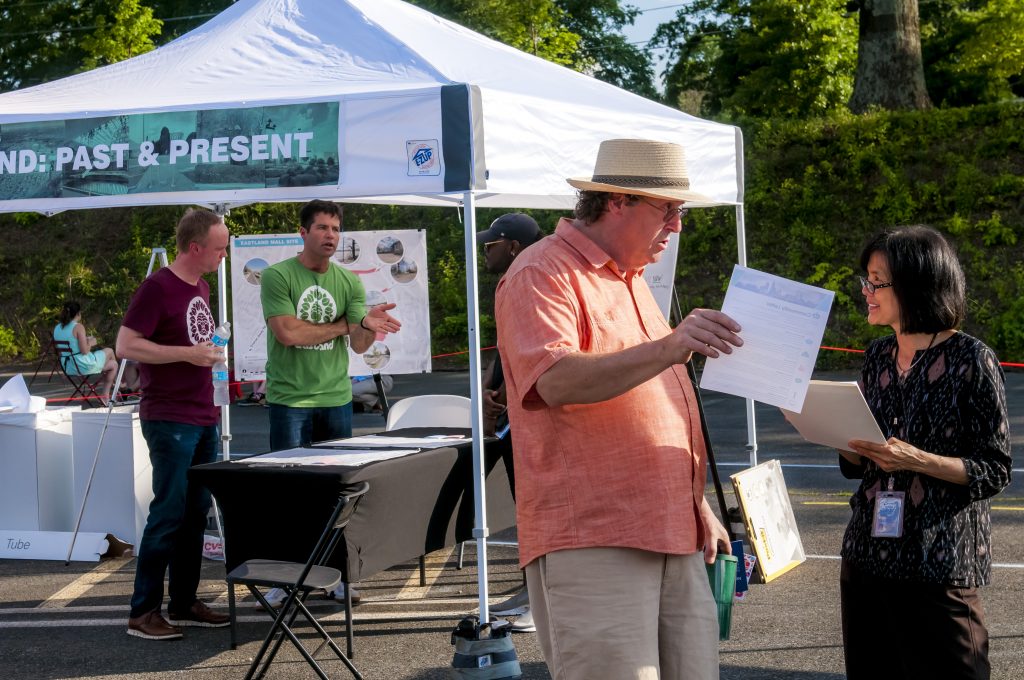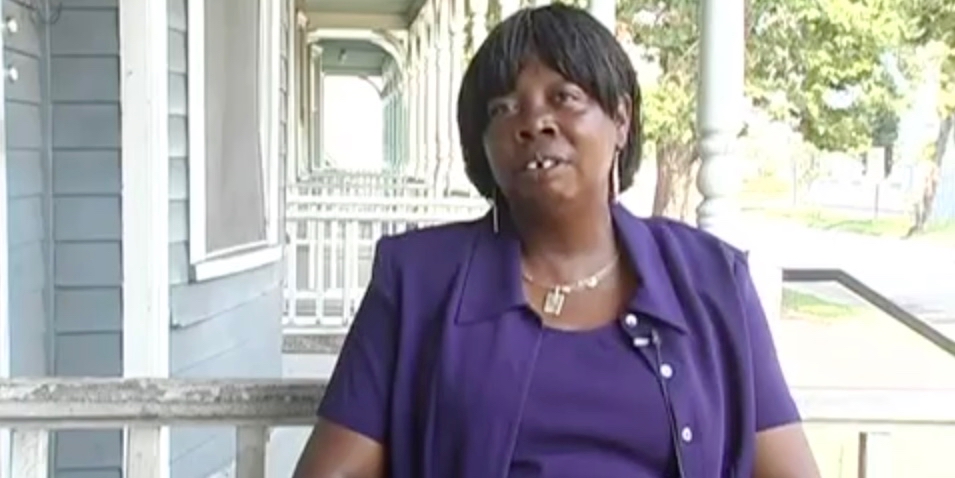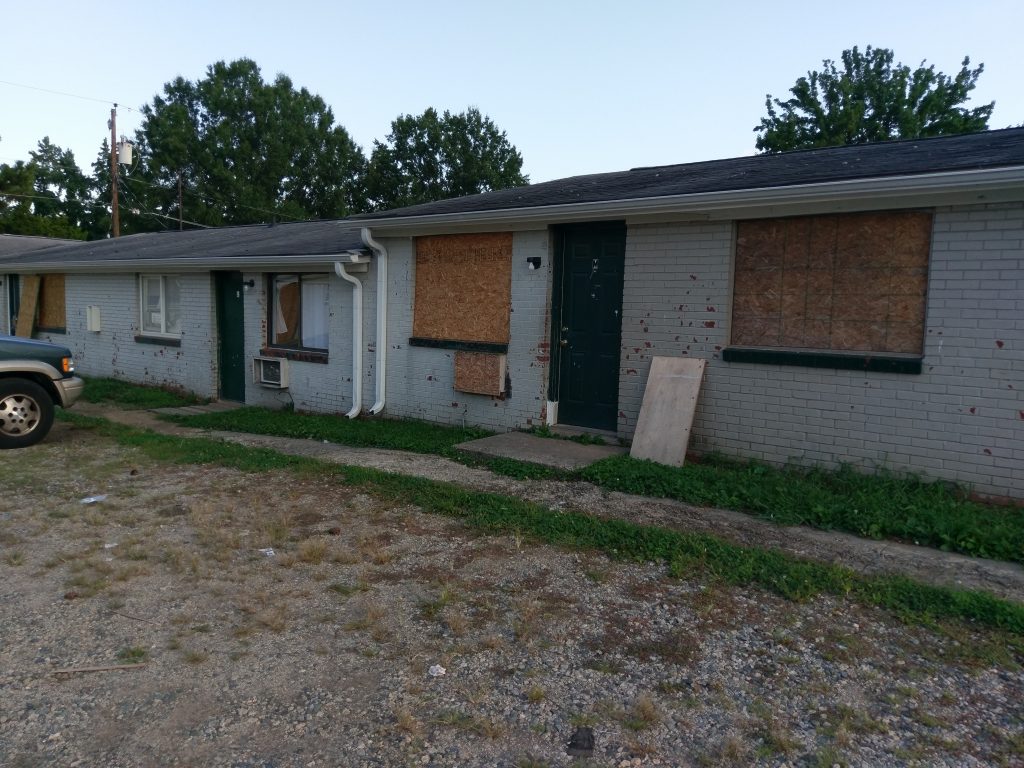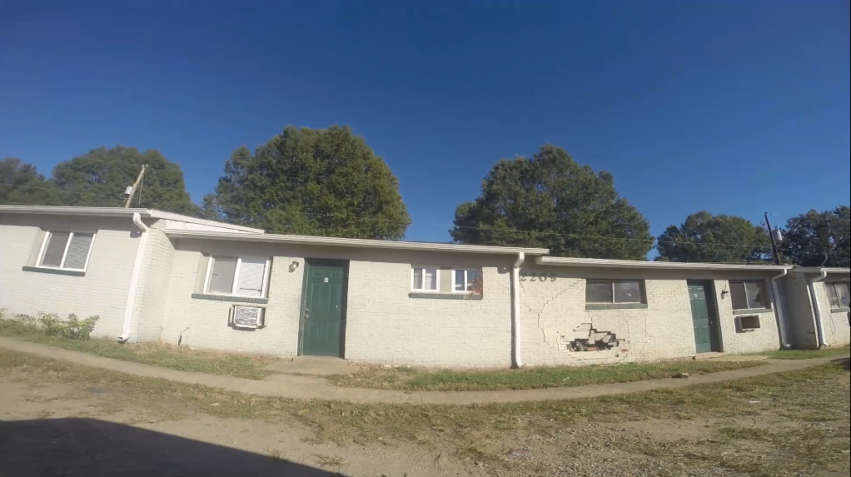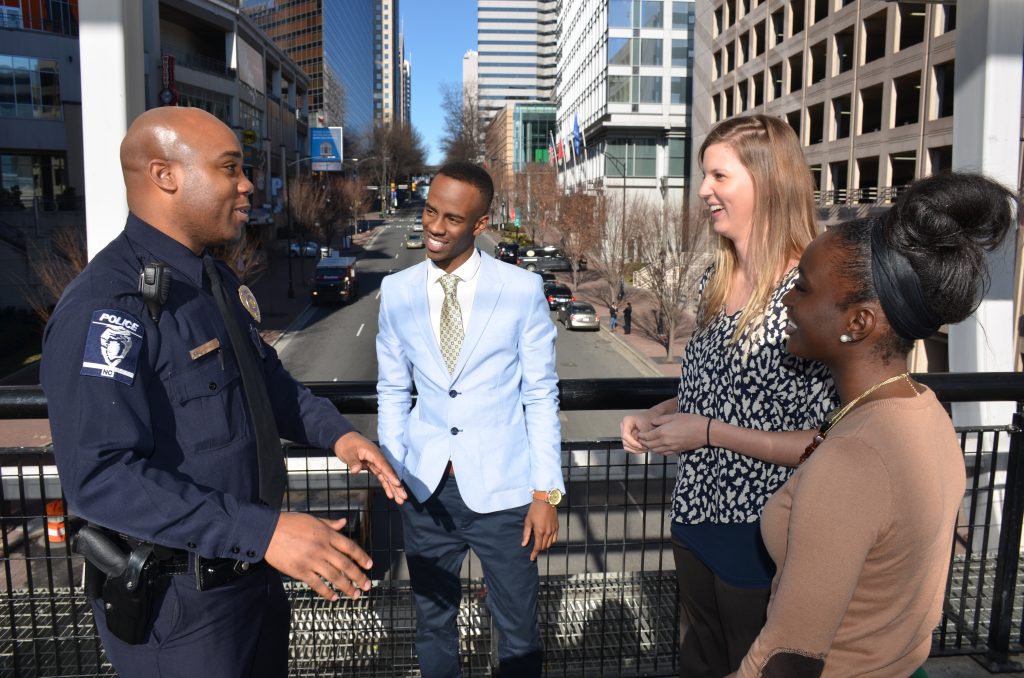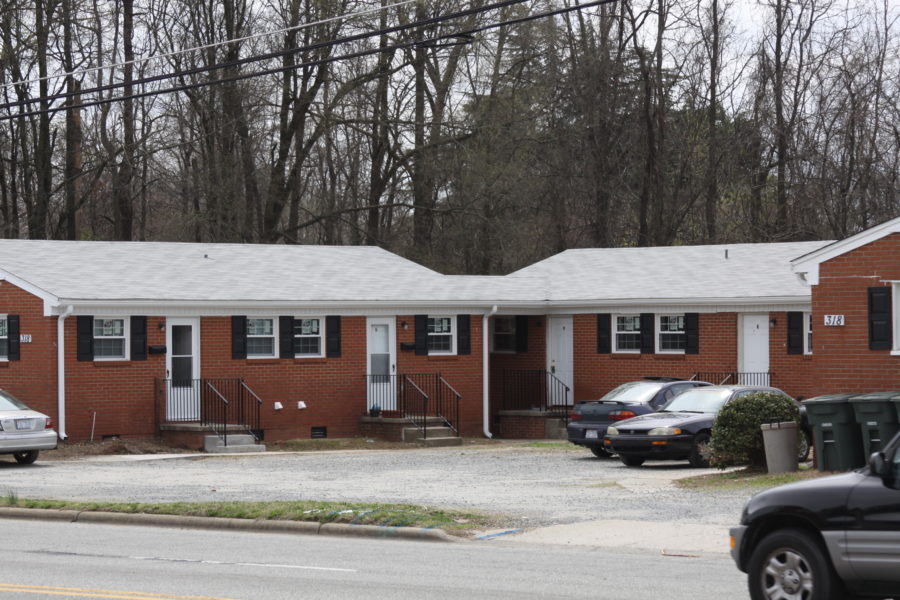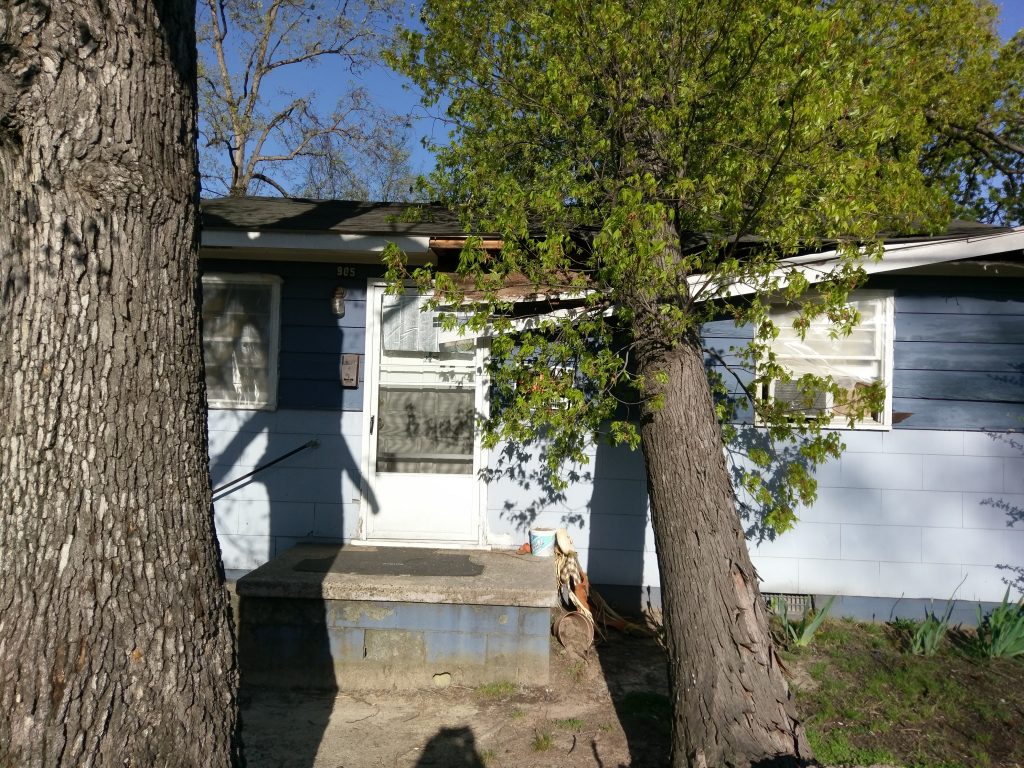
Weather disasters are ripping through communities in North Carolina and all over the world, dislocating people and devastating buildings and forests and farms. Each time, after the emergency response to dangers of injury and contamination and emotional trauma, the community is changed. Sometimes what is left is neglect and abandonment, so that unhealthy conditions become worse. Sometimes what happens is gentrification, so that dislocated residents cannot afford to come back to trendy buildings. But sometimes it can be community leadership, so that neighborhoods can rise stronger and healthier than before. This is the story of strong community and healthy housing six months after tornadoes shredded a path through east Greensboro.
